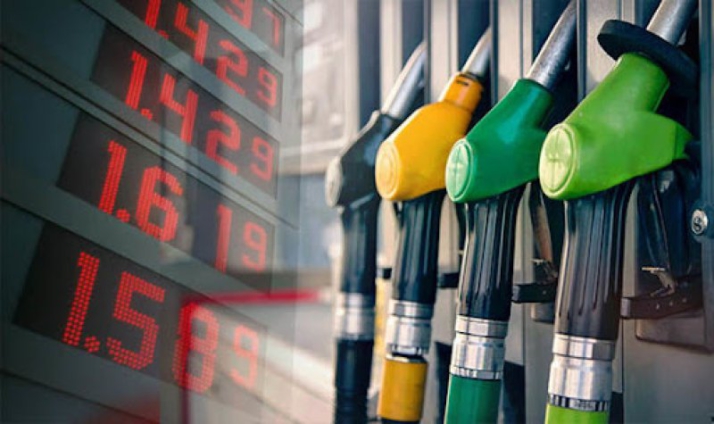Petrol and diesel prices could hit over ¢8 per litre before mid-2022 if the price of crude oil and the depreciation of the cedi to the dollar maintain their traction on the foreign and local market respectively, the Institute for Energy Security has revealed.
Crude oil is presently hovering around $89 per barrel, whilst the cedi is trading at ¢6.52 against the US dollar.
In a statement, the energy think tank said questioned the credibility of the Price Stabilization and Recovery Levy (PSRL), saying the tax has proven to be unrealistic strategy for bringing down domestic fuel prices
Government from the beginning of February 2022 reinstated the policy which is to cushion losses from petroleum revenue in times of drastic reduction in the price of crude oil on the oil market.
But the IES said three months after the suspension of the levy, domestic fuel prices have risen by more than 9%, to reflect rising international oil and fuel prices, and the fall in value of the local currency.
“The strategy deployed in November 2021 and when average prices of petrol and diesel hit ¢6.52 per litre, was in direct response to mounting pressure on government by Ghanaians, to halt the frequent upward fuel price adjustments.”
“Three months after the suspension of the levy, domestic fuel prices have risen by more than 9% to reflect rising international oil and fuel prices, and fall in value of the local currency. Referenced to today’s Petrol price of ¢7.45 per litre as offered by Total Petroleum and Shell (Vivo), the commodity’s price has moved up by roughly 14%since the PSRL was suspended in November 2021”, he added.
Furthermore, the IES said “but for some political interventions in mid-December 2021, the price of Petrol and Diesel would have crossed the ¢7 per litre mark before the end of year 2021. That desperate move resulted in Ghana Oil Company (GOIL) threatening to pull out of the Association of Oil Marketing (AOMC), after the latter allegedly accused the former of bowing to government’s pressure to reduce its prices, in contravention with of the petroleum downstream deregulated regime’s practices.”
It called for a more sustainable and pragmatic response to the exposures from international oil prices and the foreign exchange market; one that goes beyond the PSRL, since it has become increasingly apparent that Petrol and Diesel prices will likely finish the first-half of the year at record highs.
It concluded saying “whereas the PSRL has proven unsustainable in its present form and substance as validated by IES’ study, the National Petroleum Authority’s incompetent application of same to the realities of the Ghanaian fuel market is a worse cause for worry”
Latest Stories
-
Ghana’s Democracy: Choices, not elections will drive change – Benjamin Offei-Addo
5 mins -
PRESEC-Legon marks 86 years with launch of groundbreaking AI lab on November 30
8 mins -
Limited citizen participation threatens Ghana’s democracy – Prof. Kwesi Aning
17 mins -
Contractor storms basic school to drive out students from classroom, claiming government owes him
37 mins -
The quest for peaceful election: religious and traditional leaders should be part of election observers
43 mins -
NDC has better policies to boost economy through agricultural, oil sectors – Ato Forson
45 mins -
Yaw Ampofo Ankrah calls for Kurt Okraku and Executive Council to resign over AFCON failure
56 mins -
Coalition of teachers to boycott December election over unpaid salary arrears
59 mins -
Uphold ethics in fight against fraud – First National Bank CEO
1 hour -
CHRAJ recommends forensic audit of National Cathedral project
1 hour -
I cried every three days at the beginning of my career – Gyakie
1 hour -
#ChoosePeaceGh Campaign: JoyNews partners Catholic Relief Services beyond 2024 December 7 Elections
1 hour -
CHRAJ report scratched the surface on “the double identity” of Rev. Kusi Boateng – Ablakwa
2 hours -
Elections: Akufo-Addo calls for unified front to combat political instability
2 hours -
Alidu Seidu ruled out for the season after suffering raptured ACL
2 hours

